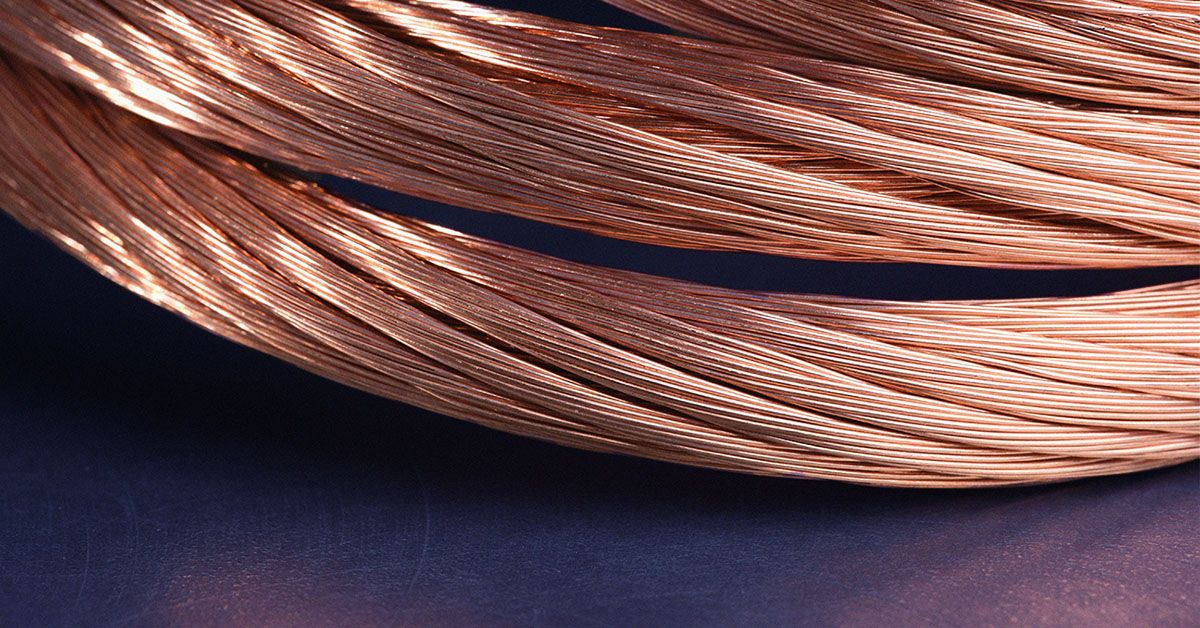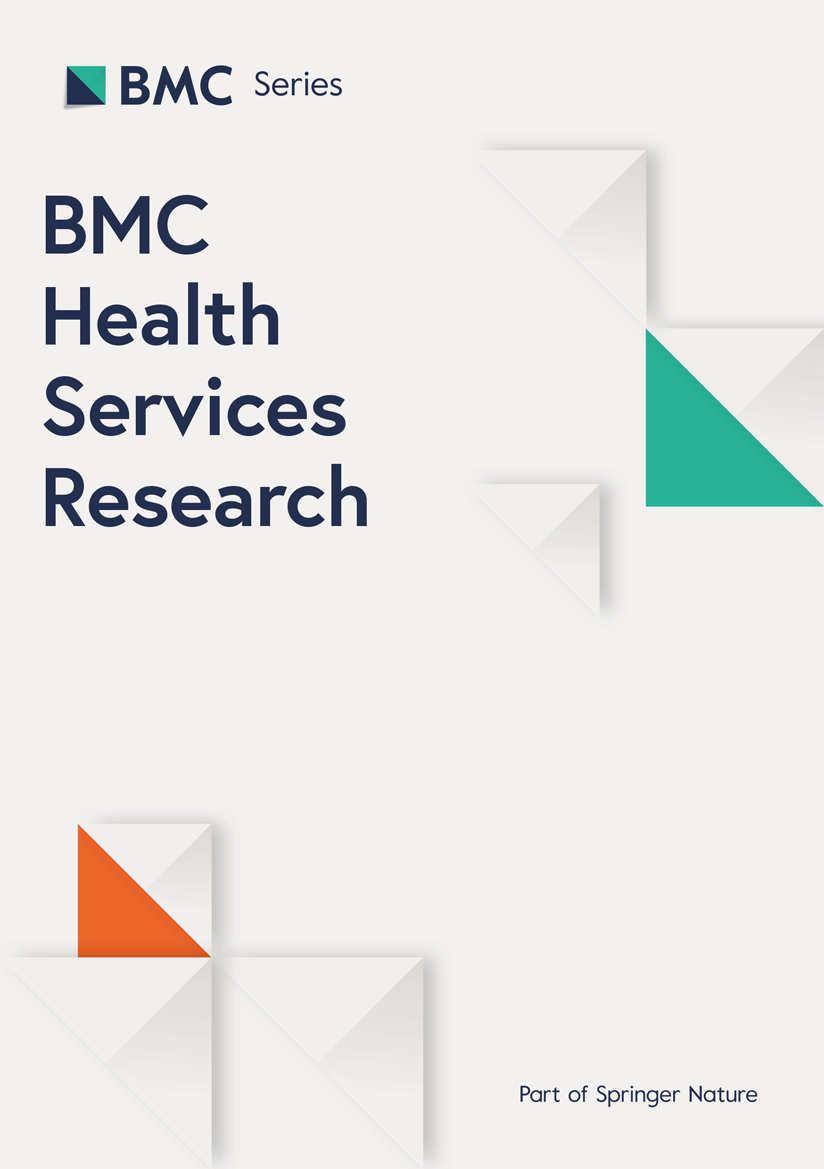Health benefits, recommended intake, sources, and risks

Copper is an essential mineral that plays a role in bodily functions such as making energy and maintaining the nervous and immune system.
Copper helps the body’s enzymes that are involved in making energy, managing iron levels, building connective tissue, and maintaining chemicals and signals in the brain.
It can also aid in the new growth of blood vessels, support the immune system, and help protect the body from molecules called free radicals.
The following outlines some of the health benefits of copper.
Cardiovascular health
Dietary copper may have a positive effect on heart health.
A 2025 longitudinal study found that people with a higher dietary copper intake typically had fewer heart-related health problems and better health outcomes, especially for those with high blood pressure.
The authors suggest that copper can aid in heart health due to its ability to reduce oxidative stress. Oxidative stress is a condition
Cognitive function
Copper can help improve cognitive function as it plays an important part in helping enzymes associated with neurotransmitter synthesis. This is the process in which neurons produce neurotransmitters, which are the chemical messengers that transmit signals between the nerve cells in the brain.
The results showed that those who had a higher intake of dietary copper achieved higher scores on standard tests that measured their cognitive function.
However, it is important to note that too much copper can be harmful, resulting in damage to the brain cells.
Immune function
Too little copper can lead to neutropenia. This is a deficiency of white blood cells, or neutrophils, which fight off infection.
A person with a low level of neutrophils is more likely to contract infections.
Osteoporosis
Copper deficiency is associated with a higher risk of osteoporosis. However, more research is needed on how copper supplementation might help prevent and manage osteoporosis.
Authors of a 2021 review state that while animal studies examining the effects of copper on bone health are encouraging, research on humans is scarce.
Skin health
A 2024 article states that copper can protect the skin from UV damage and aid in the production of strong collagen and melanin. It also contains compounds called peptides, which help to repair damaged skin and reduce oxidative stress.
The authors state that its ability to encourage the growth of new blood vessels can aid in wound healing.
Copper deficiency
While a copper deficiency is rare, some health conditions and other factors can increase the risk. These
- those with celiac disease
- those with Menkes disease, which is a rare genetic disorder
- those who take too much zinc, as this can interfere with the body’s ability to absorb copper
Copper toxicity
Too much copper can cause:
- liver damage
- stomach pain
- cramps
- nausea and vomiting
- diarrhea
Although rare in the US, copper toxicity can develop in those with Wilson’s disease, which is a rare genetic condition.
It can also happen if the water pipes contain copper, as this can leach into the drinking water.
Copper is an important mineral that plays a significant role in a variety of bodily functions.
A copper deficiency is rare in the US, as most people get enough through eating a balanced diet. Food sources include tofu, chickpeas, beef liver, and shellfish.
People should avoid taking copper supplements without first speaking with a healthcare professional. This is because too much copper can cause negative health effects.
link







